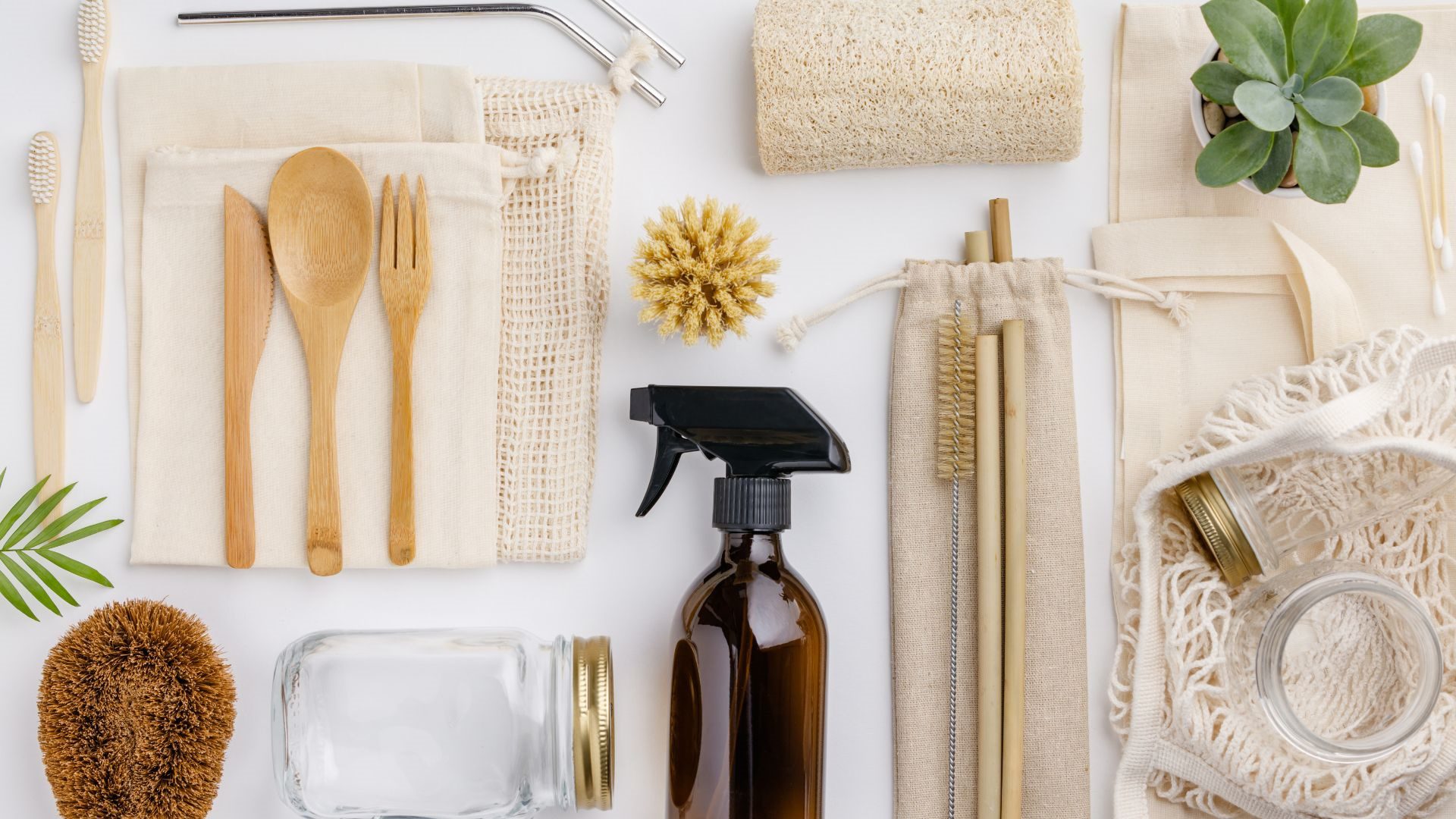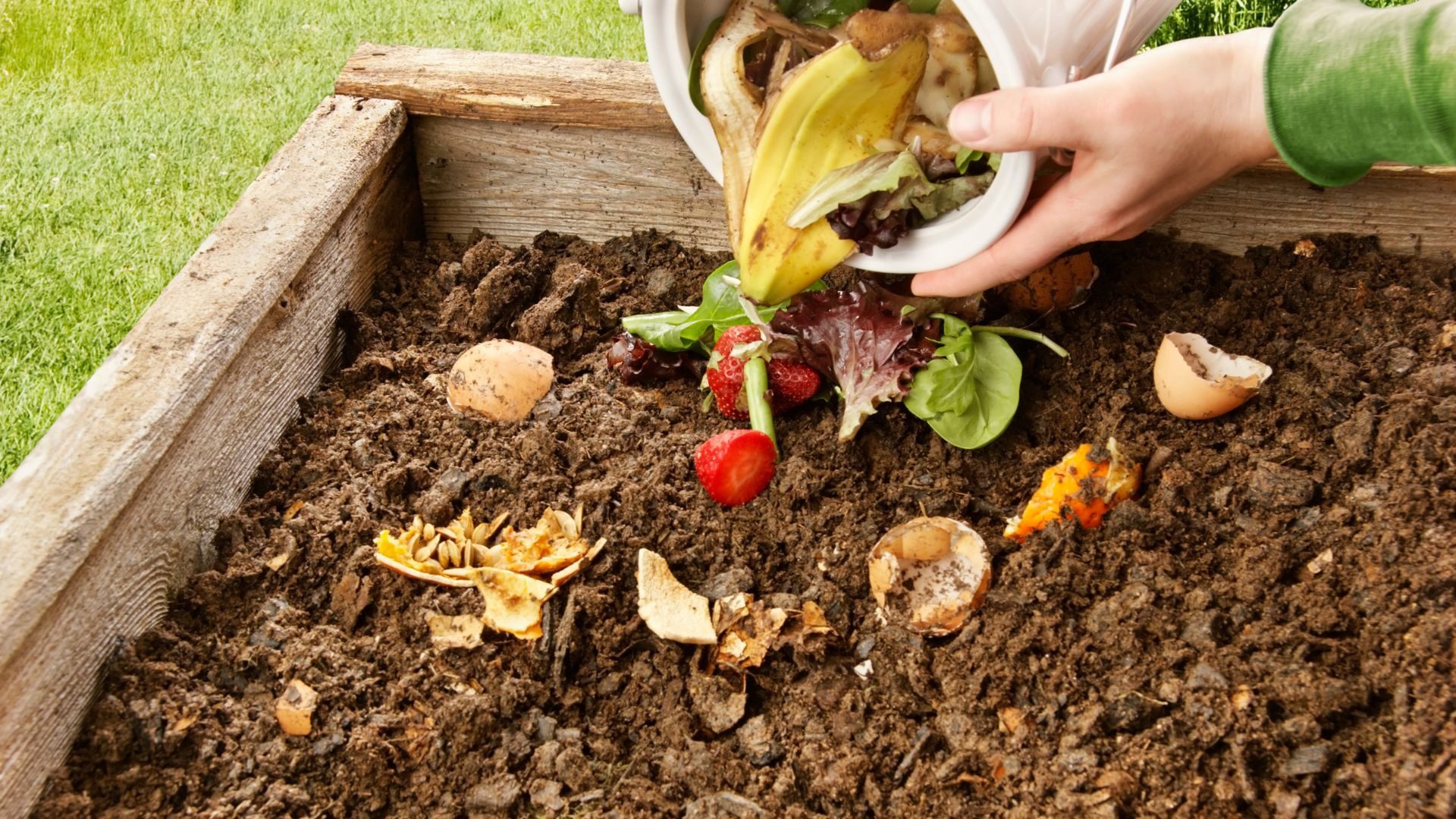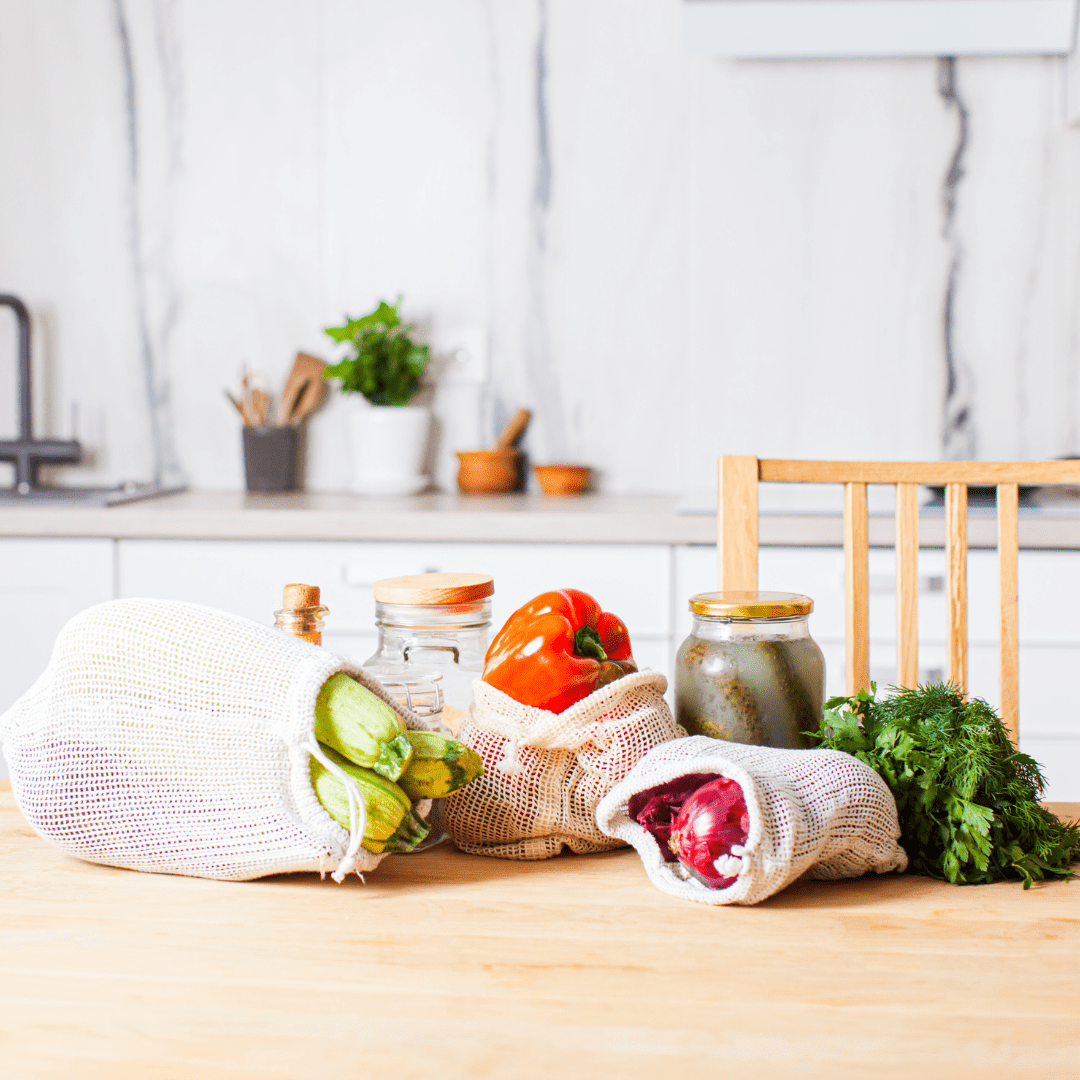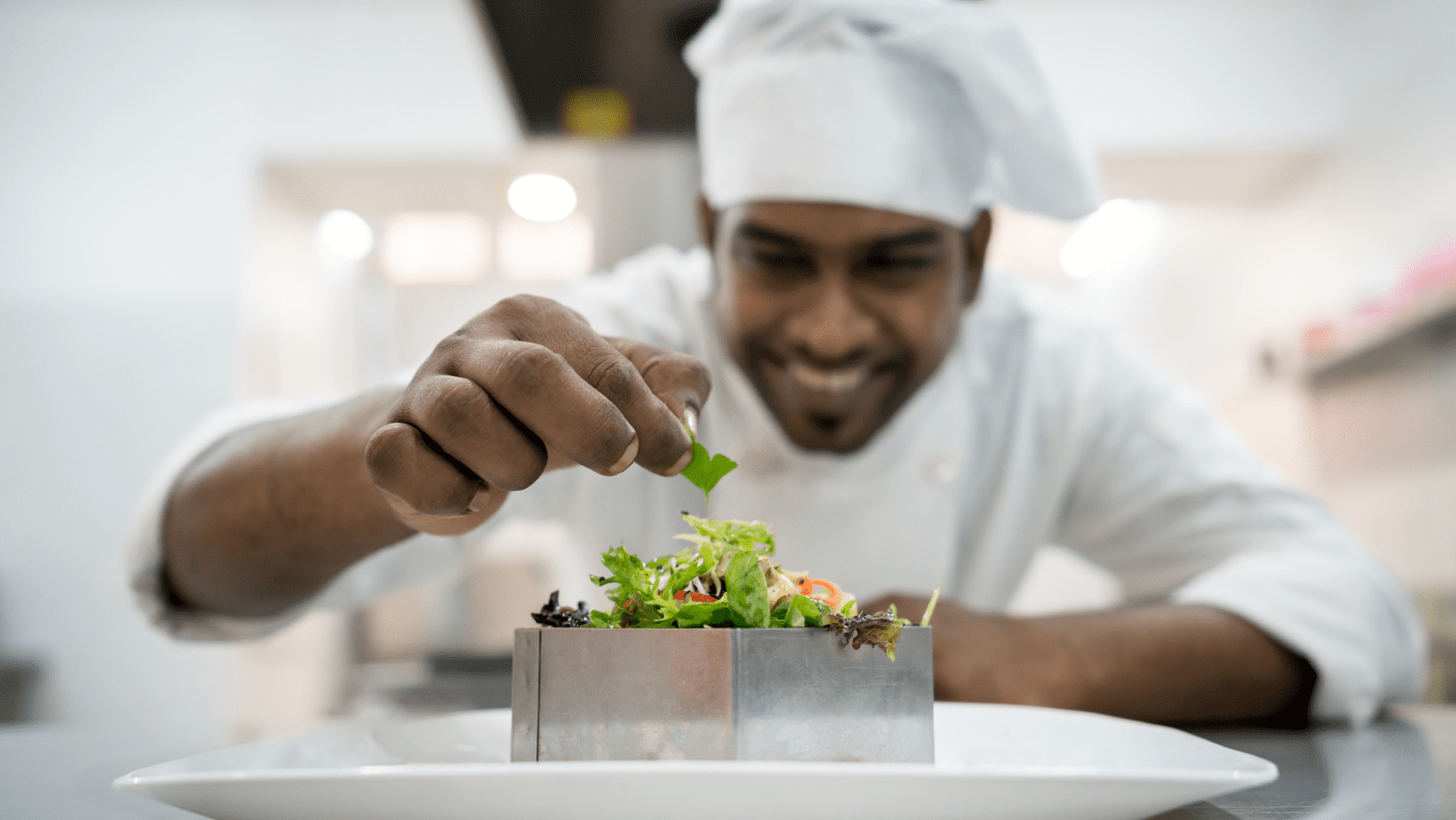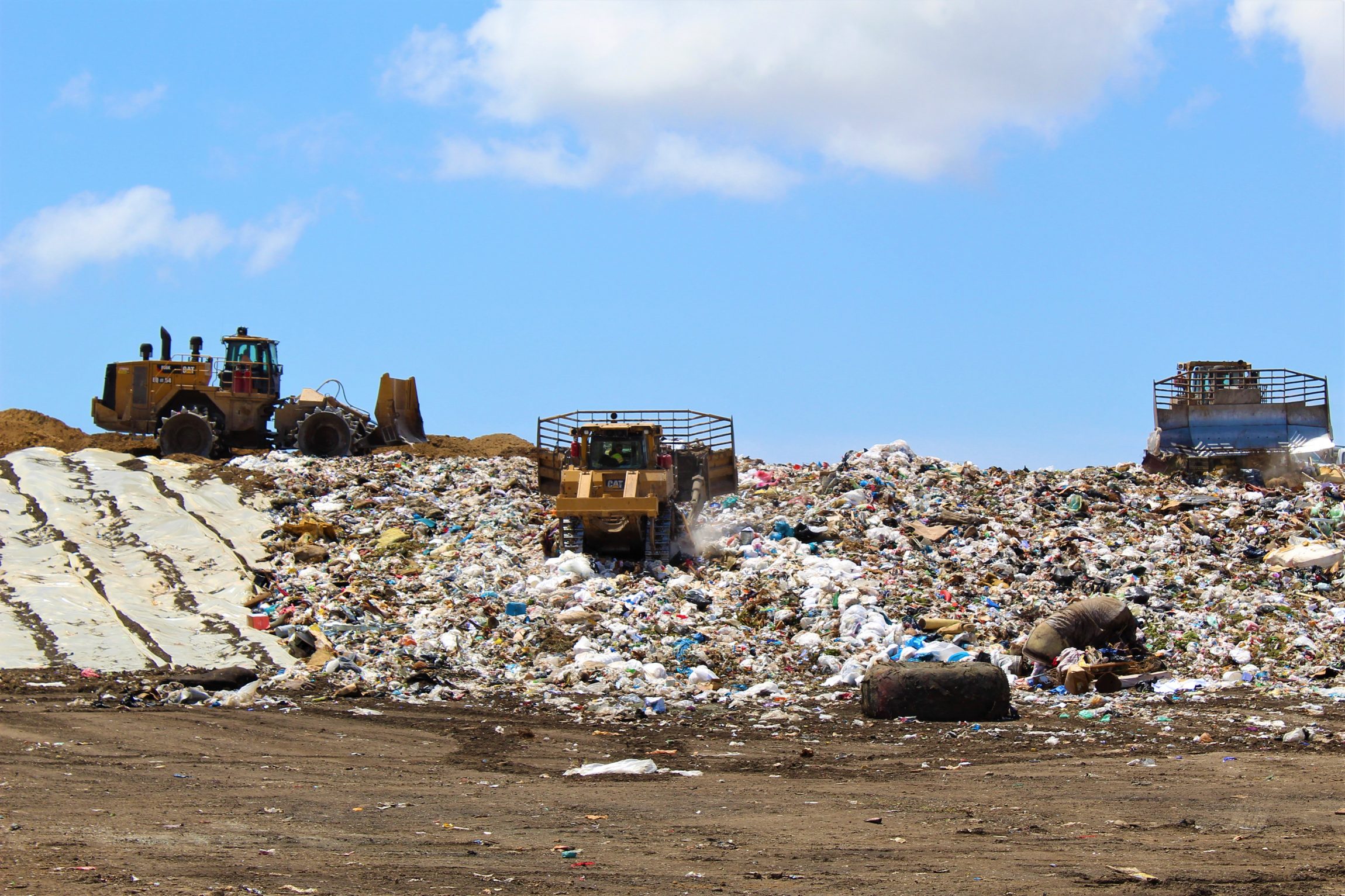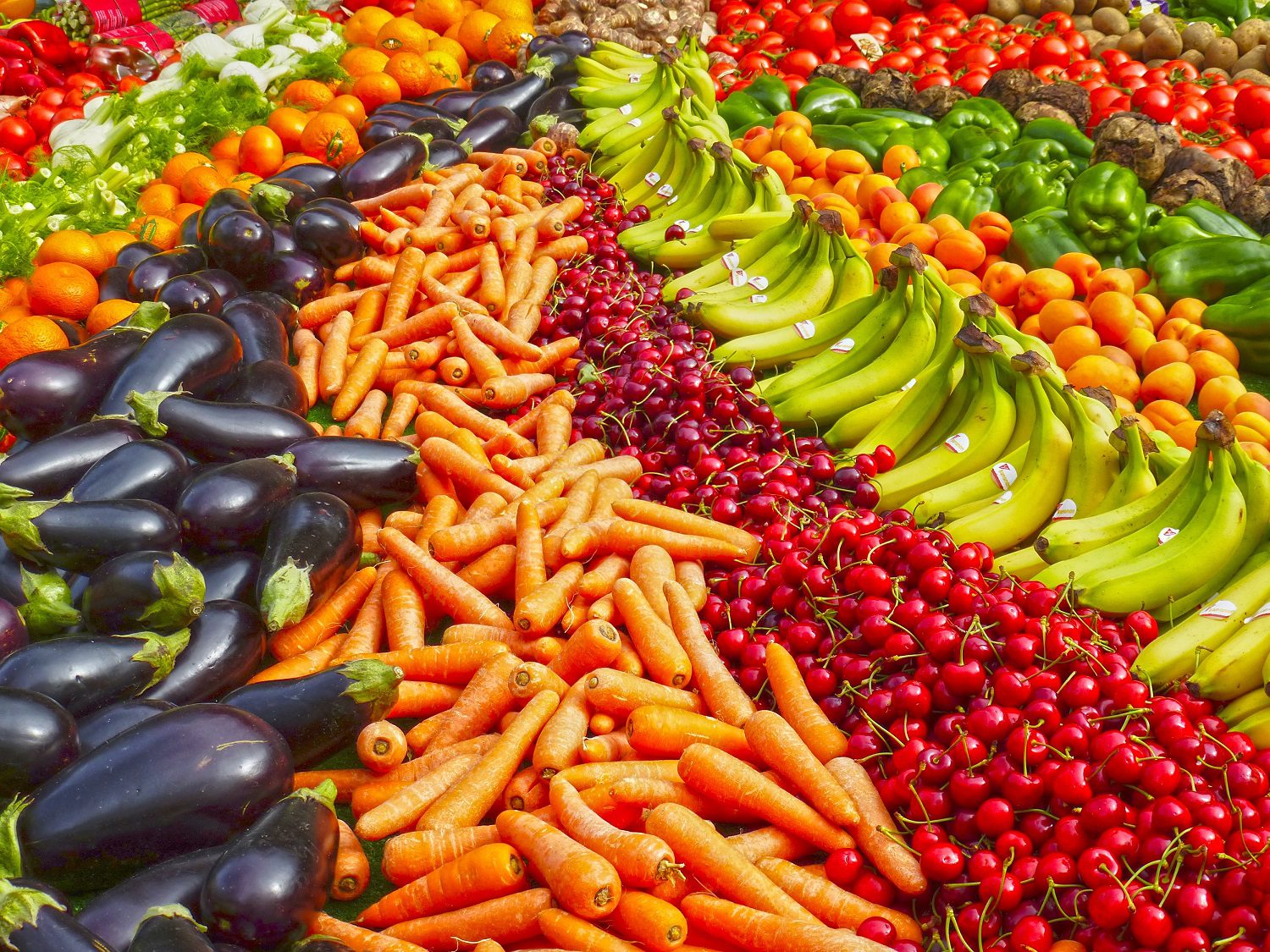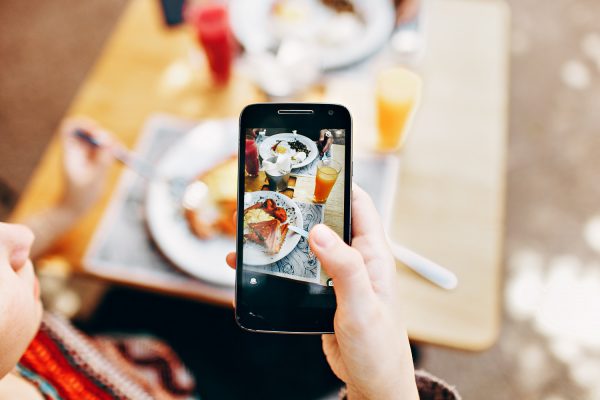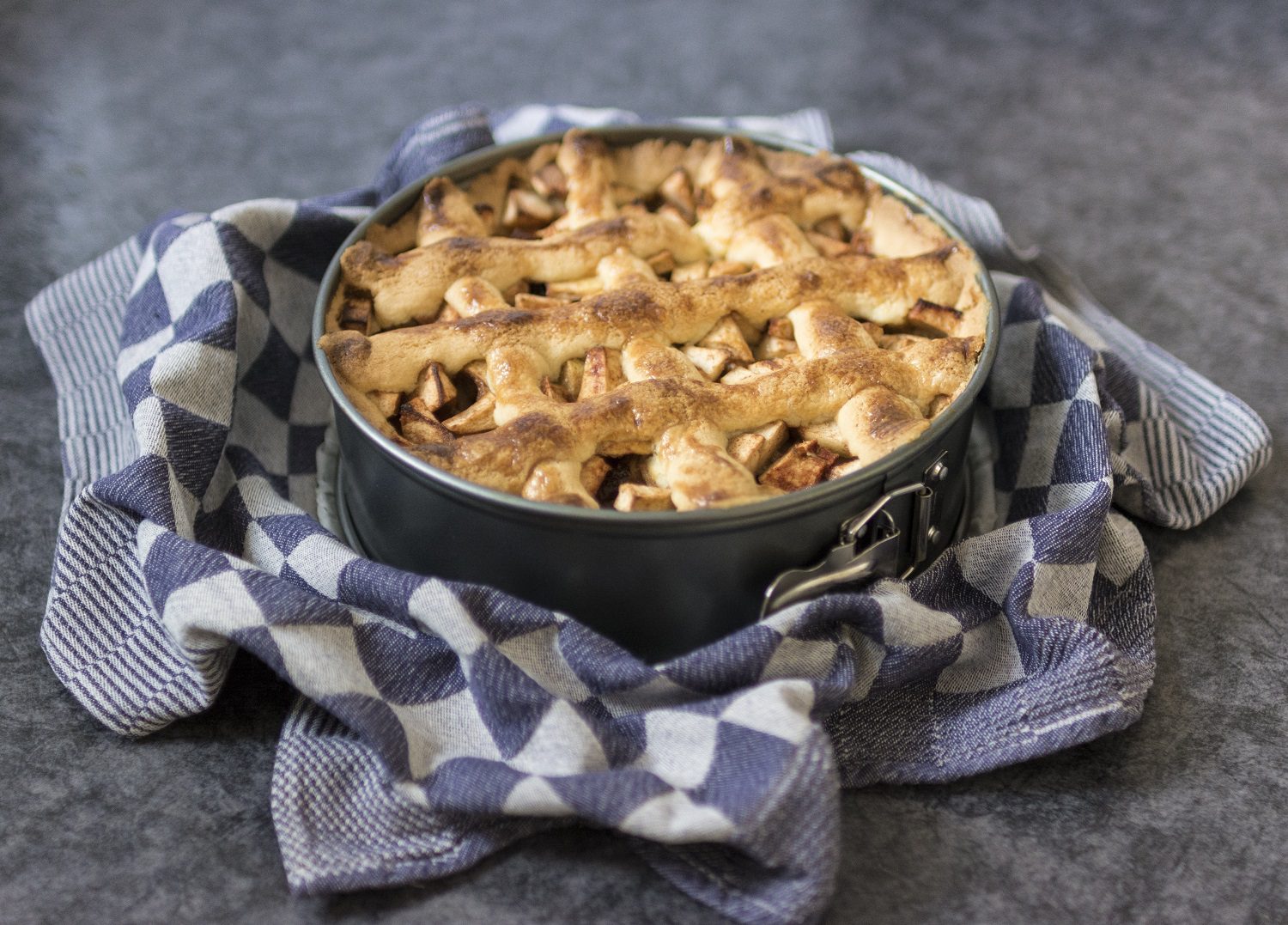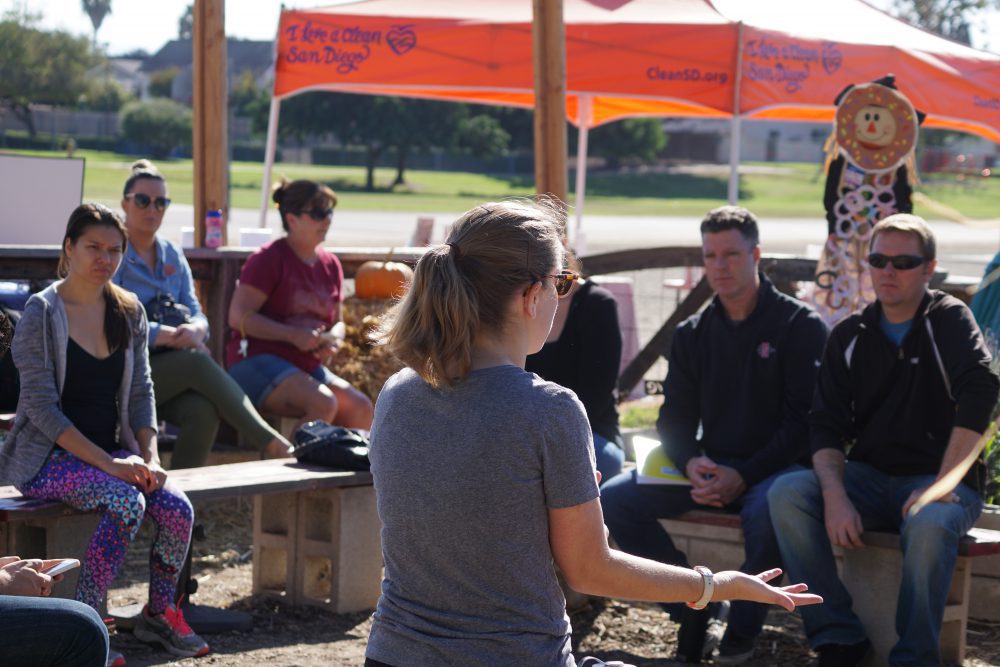Did you know that organic waste accounts for about 40% of the content in our landfills? When organic waste, like food, sits in our landfills, it produces methane, a greenhouse gas 25 times more potent than carbon dioxide.
Food packaging is also responsible for a large amount of the material in our waste stream. In total, packaging accounts for a combined 28% of the waste within our landfill (EPA, 2018), and a huge portion of that is food packaging. Food packaging is particularly problematic because of the sheer amount of material and its short lifespan in use. The packaging that food comes in is typically thrown out as soon as the food item is used.
We can combat these issues together when we take actions to reduce the waste that we produce in our own homes. Read on to find out more about how to create a zero waste kitchen.
8 Quick Tips for Starting a Zero Waste Kitchen:
- Check what you have before shopping for food.
Take an inventory of what you’ve already got before going to the store. This will ensure that you are using any items that may be closer to spoiling. Keeping your fridge and pantry organized will help gain a better understanding of which items you have and what items you need to buy. Keeping a running shopping list is another great practice. When you run out of an item, add it to your shopping list, and shop with your list to avoid over-purchasing.
- Plan your meals in advance and use similar ingredients throughout the week.
Think about how you can use the same ingredients in different ways throughout the week. For example, cilantro can be used for taco night, spring rolls, and in a salad dressing. Use this meal planning tool to help plan meals. You can even customize it for dietary restrictions and preferences, number of people in the household, and how often you shop.
- Store your fruits and veggies correctly.
Fruits and veggies often spoil in our fridge before we get a chance to eat them. But did you know that we can extend the life of our produce by more than 10x when we store them correctly? Use this food storage guide for detailed info on how to store your fresh produce, protein, and pantry items.
- Purchase foods from your local farmers market.
Buying local can greatly reduce our carbon footprint. Shipping food from around the world produces a lot of emissions that lead to climate change. Supporting small, local farms like those at farmers markets also promotes ethical farming practices – you often get to speak with the growers themselves!
- Buy staple foods in bulk with a reusable container.
Many grocery stores have bulk bins with dry goods like nuts, seeds, flour, cereal, snacks, and candy. Instead of purchasing food plus packaging, these bulk bins allow you to purchase just the food. You can also buy unpackaged food at the deli counter. Bring in a clean jar, tupperware, or container of choice and fill up. To avoid being charged for the weight of your container, take note of the “tare weight”. You can ask the cashier for this as soon as you enter the store, before you’ve filled up. Then, fill up your containers. When you get to the checkout station, tell the cashier the tare weight, and they will subtract it from the total weight so that you are only charged for the food.
- Invest in reusable produce bags.
Over the years, there has been a lot of focus on bringing your own grocery bags to the store. Grocery stores encourage it by offering a credit for bags you bring in, or they disincentivize by charging a fee for bags at the checkout stand. But not much focus is put on produce bags- those thin plastic bags that you find in the produce section. These are extremely wasteful. Rethink if the item you’re buying really needs a bag. You can avoid using a bag for most things by giving produce a rinse before consuming. For items that you prefer to bag, use a reusable produce bag. These bags are specifically made for produce as they are made of a thin material and are washable. Extra points if you repurpose an old T-shirt!
- Donate extra food.
WasteFreeSD lists locations near you where you can donate perishable and non-perishable foods. Just type “food” into the search bar, populate your zip code, and select “donate” from the drop down menu. You can also give extra food to animals – just make sure it’s safe for your pets.
- Compost!
Composting is a great way to keep inedible or expired food out of the landfill. Food scraps like fruit and veggie peels should be composted, not landfilled. Many residents already have an organics bin, provided by their waste hauler. Check with your hauler to see if you are able to place food scraps in your organics bin. You can also compost at home, even if you have a small space! Many cities have compost bin rebate programs.
Looking for a farmers market, bulk store, food donation center, or compost bin rebate program near you? Visit WasteFreeSD.org for more info.

